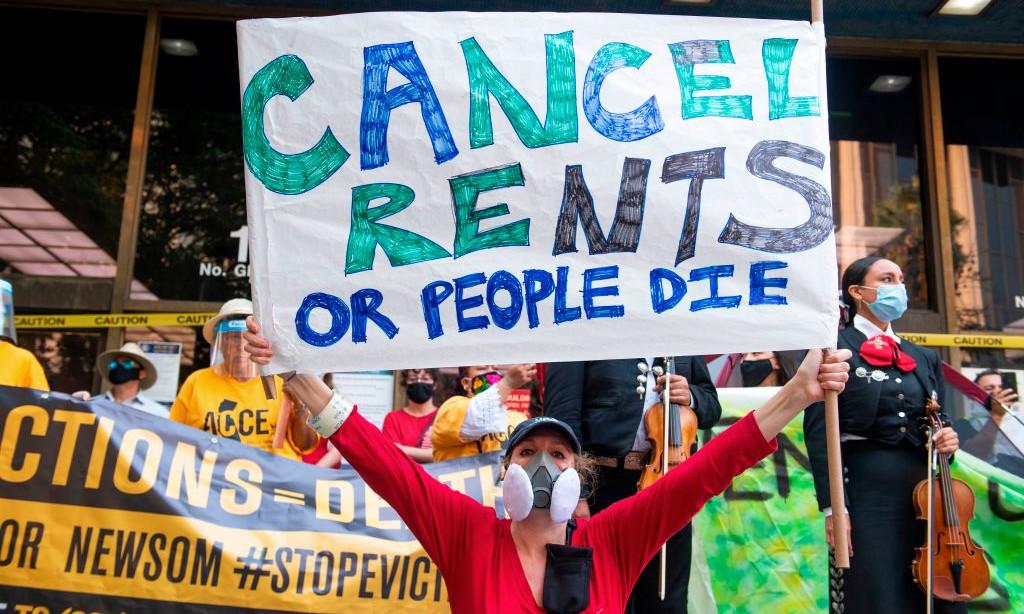Gov. Gavin Newsom and California lawmakers agreed on Aug. 31 to an extension of eviction protections designed to help both tenants and landlords impacted by the ongoing COVID-19 pandemic.
The extended moratorium, Assembly Bill 3088, runs through Jan. 31, 2021. It was signed into law by Newsom two hours before a midnight deadline, and will “protect millions of tenants from eviction and property owners from foreclosure due to the economic impacts of COVID-19,” according to an Aug. 31 press release.





